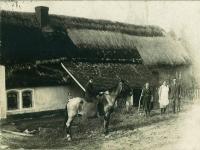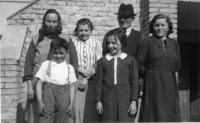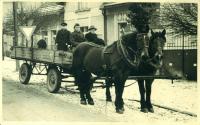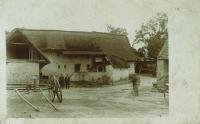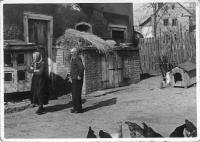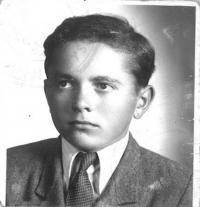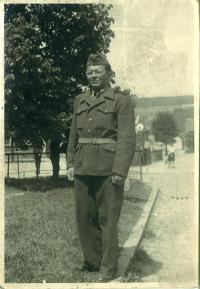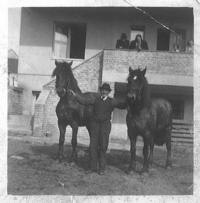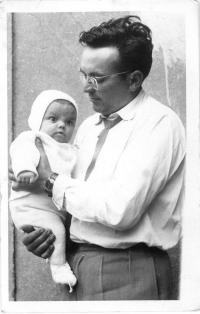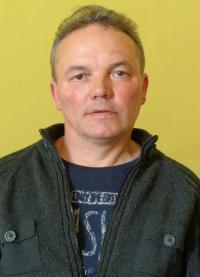You couldn’t just speak out about things back then
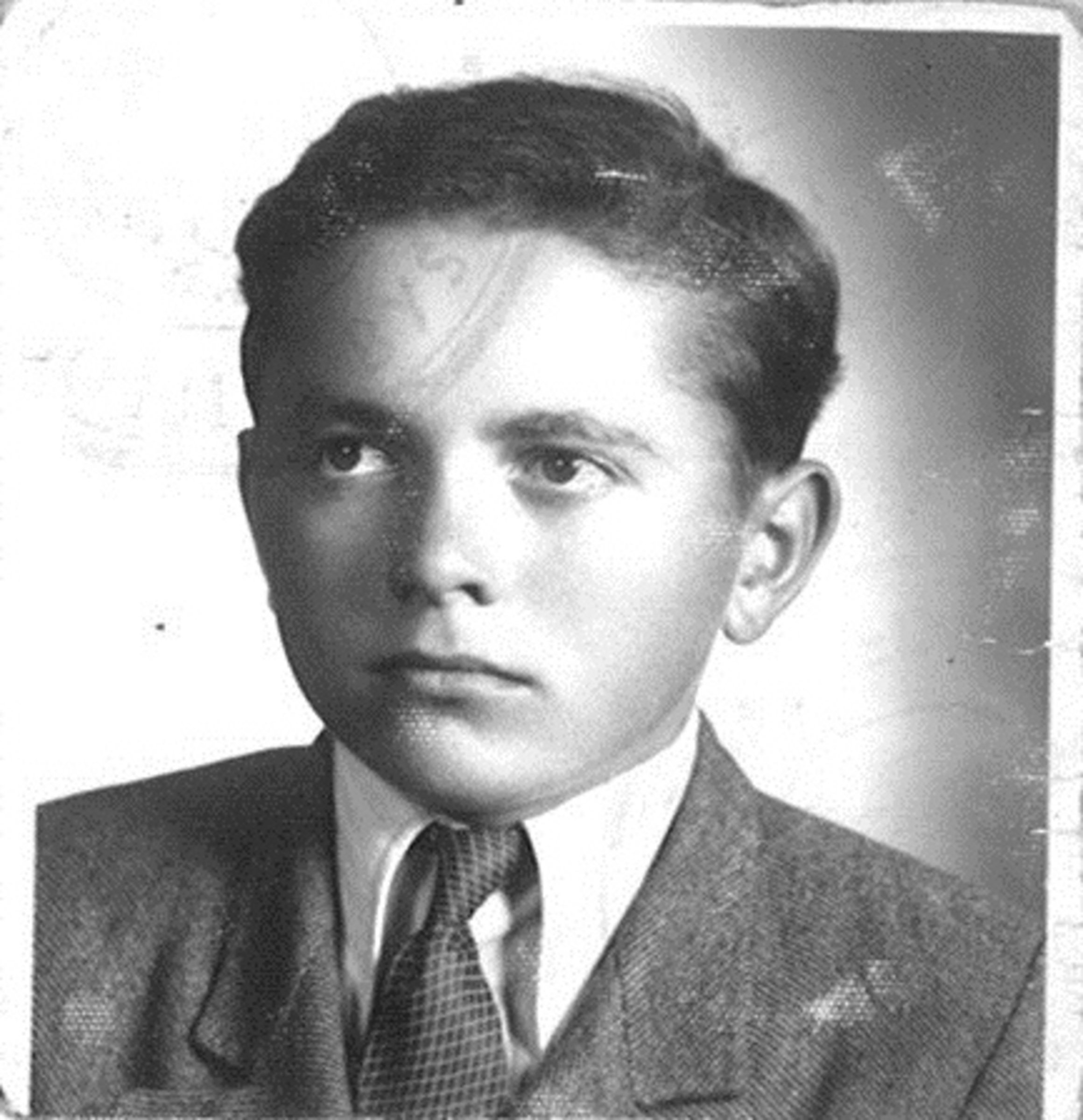
Stáhnout obrázek
Jiří Štěpánovský was born on 28 March 1961 into a farming family. His grandfather had married in to Byšice after World War I, and their farm was the location of many historic events in subsequent years. During World War II it was used as accommodation by German and then by Soviet soldiers. The family held on to the farm until 1957, when they were forced to give up their property into collective ownership. They continued to tend to the farm, but they came into conflict with the management of the local agricultural cooperative over practical matters, and Jiří‘s father was imprisoned twice as a consequence of these quarrels. Jiří Štěpánovský continued in his family‘s footsteps, he attended a secondary school of agriculture and got a job at the local cooperative. First as a mechaniser and then as a zootechnician. After 1989 he received half of the estate back in restitution as inheritance from his grandfather, and he and his father decided to to revive the family tradition. In 1992 they took up independent operation of the farm. With the help of his whole family, Jiří Štěpánovský successfully tends to 40 hectares of land and numerous livestock to this day.
